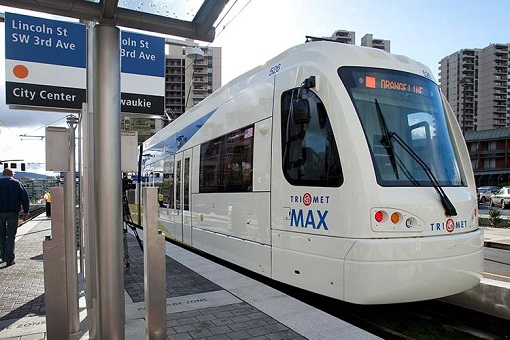In light of COVID-19, do they make sense?
Recent legislative sessions have seen the introduction of controversial bills, that may need to be re-evaluated in the light of COVID-19 and how we think about public health.
Plastic Bag ban
In 2019, the Legislature passed a statewide ban on non-reusable plastic bags,
HB 2509. At the time, proponents of the ban touted it as good for the environment, though the actual impact of the ban is in doubt. Opponents of the bill pointed out that among other things, reusable cloth bags can be carriers for germs, viruses and other disease carrying organisms.
The heart of the bill, says simply:
A retail establishment may not provide:
(a) Single-use checkout bags to customers.
(b) Recycled paper checkout bags, reusable fabric checkout bags or reusable plastic checkout bags to customers unless the retail establishment charges not less than five cents for each recycled paper checkout bag, reusable fabric checkout bag or reusable plastic checkout bag
In light of COVID-19, single-use bags have begun to re-appear in grocery stores, and it may be time to re-consider the wisdom of the bag ban.
Cashless stores
During the 2019 Session the Legislature considered
SB 716 which prohibits cashless stores, though it did not pass. Some retail establishments have found it safer, more secure, cleaner and more efficient not to take cash as a form of payment. Having employees handle cash has several drawbacks, and in a world where increasingly more and more people have the ability to make payments using a payment card, these retaillers see this as a way to operate more efficiently. Some see this as a basic freedom issue where a retail establishment should be able to do business as they wish.
Supporters of this bill see cashless stores as discriminating against those who do not have a payment card for whatever reason. Some opponents saw it as a way of protecting lawless persons -- illegal aliens, persons getting paid under the table, persons under garnishment orders, etc. -- from having to participate in normal banking acitivites, thereby making themselves more accessible to the law.
In a post COVID-19, there may need to be some rethinking of this. Currency may be considered a vector for the transmission of viruses and vulnerable people working in a retail establishment may not want to handle cash. It may also make for a safer eating establishment.
Mass transit

As a part of a massive transportation package, the 2017 legislature enacted a one tenth of one percent payroll tax dedicated to public transit. This might sound like a small amount, but it adds up to about a quarter of a billion dollars per biennium. As seen in heavily-public-transit dependent municipalities like New York City, viruses spread more quickly in denser, more urban areas, and that has to be at least in part due to mass transit.
Mass transit expansion has long been controversial, and perhaps the COVID-19 outbreak is a wakeup call that personal, physical density is not a good thing for public health. Maybe it's time to put that kind of money to work where it can be more effective -- or just return it to the taxpayers.
--Staff Reports| Post Date: 2020-06-17 19:02:13 | Last Update: 2020-06-17 19:02:38 |







 As a part of a massive transportation package, the 2017 legislature enacted a one tenth of one percent payroll tax dedicated to public transit. This might sound like a small amount, but it adds up to about a quarter of a billion dollars per biennium. As seen in heavily-public-transit dependent municipalities like New York City, viruses spread more quickly in denser, more urban areas, and that has to be at least in part due to mass transit.
As a part of a massive transportation package, the 2017 legislature enacted a one tenth of one percent payroll tax dedicated to public transit. This might sound like a small amount, but it adds up to about a quarter of a billion dollars per biennium. As seen in heavily-public-transit dependent municipalities like New York City, viruses spread more quickly in denser, more urban areas, and that has to be at least in part due to mass transit.